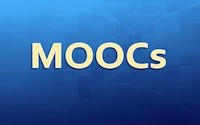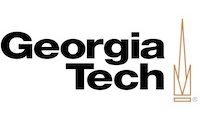
Learning from decades of online distance education: MOOCs and the Community of Inquiry framework
Despite their growing popularity, there are many contradictory arguments between supporters and detractors of MOOCs. Nevertheless, the advent of mass-scale online courses is increasingly credited to have the potential to reshape higher education significantly over time, and recent research analyses how and in which ways such a potential can be leveraged. Aim of this conceptual […]










